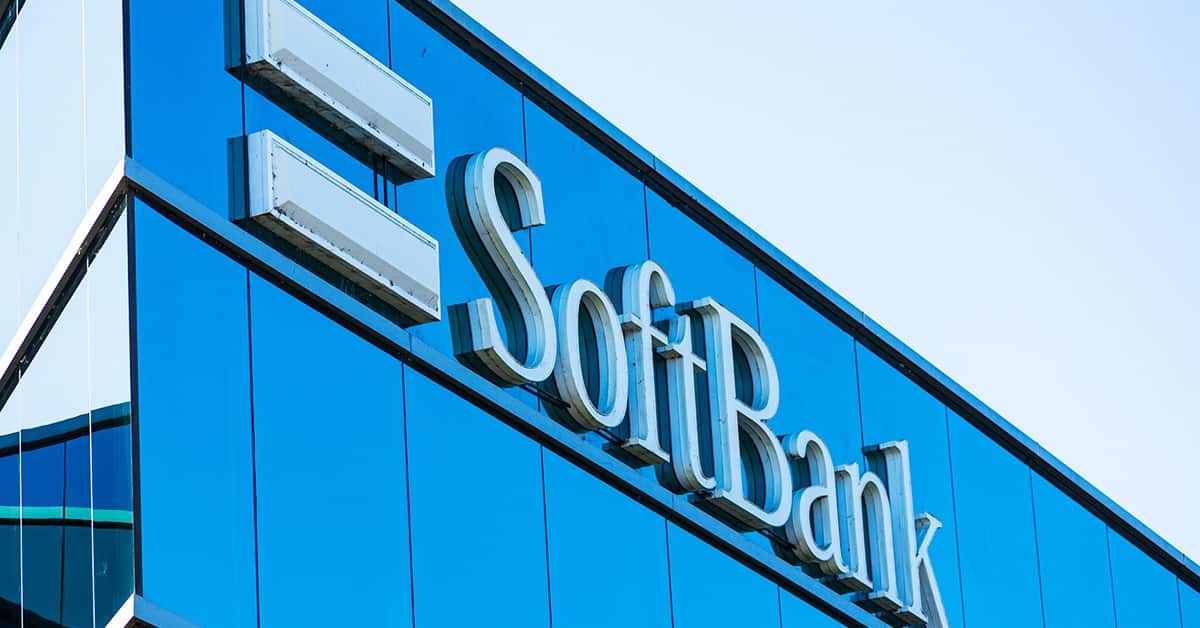Prior to the IPO, SoftBank CEO Masayoshi Son considered selling Arm to Nvidia for $40 billion, but reneged.

Arm, the chip designer owned by SoftBank Group, priced its initial public offering (IPO) at $51 per share, for a valuation of $54 billion.
“While the market capitalization is high for an IPO, much of the proposed value reflects the maturity of the company,” Matt Bryson, Wedbush senior vice president of equity research, tells Global Finance.
Tokyo-based SoftBank chose to retain a 90.6% stake in Arm following the IPO. Nvidia, Qualcomm and Intel—all Arm customers—were investors in the remaining stake. The others include Apple, Alphabet, Advanced Micro Devices and Samsung Electronics.
Prior to the IPO, SoftBank CEO Masayoshi Son considered selling Arm to Nvidia for $40 billion, but reneged.
Son’s decision not to sell was a wise choice, Bryson explained. What the failed sale to Nvidia proved is not that an IPO garners more value for SoftBank, but rather that a strategic buyer is going to struggle to purchase Arm because of concerns around the direction of the technology if it’s owned by an interested party.
“Would Nvidia, Qualcomm or Intel really have Arm’s other customers’ best interests in mind when choosing the forward direction for Arm technology following any acquisition?” he asks.
While Arm’s 99% market share of the mobile phone market and its potential within cloud computing has investors excited, the company’s exposure to China remains a point of concern.
Arm CEO Rene Haas acknowledged the geopolitical tensions between China and the US-on the company’s first day of trading. That’s especially the case when it comes to the technology sector. And, so far this year, sales in China contributed 25% of Arm’s $2.68 billion revenue.
“With Arm, its China exposure represents both a risk and an opportunity,” Bryson says. “Chinese companies in part have been leveraging Arm intellectual property to build their own solutions versus using US or Western-produced parts—a shift that US/Chinese tensions has seemingly accelerated.”
The US could further restrict Arm’s dealings with China, he added. Arm is already prohibited from licensing some higher performance intellectual property to Chinese customers.
Son, meanwhile, told CNBC on Sept. 14 that SoftBank has been reducing its “exposure in China.”



